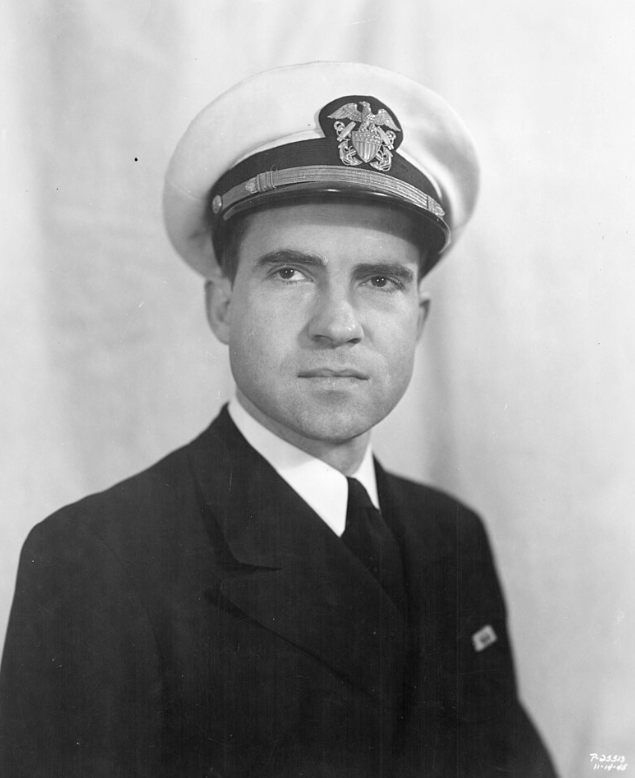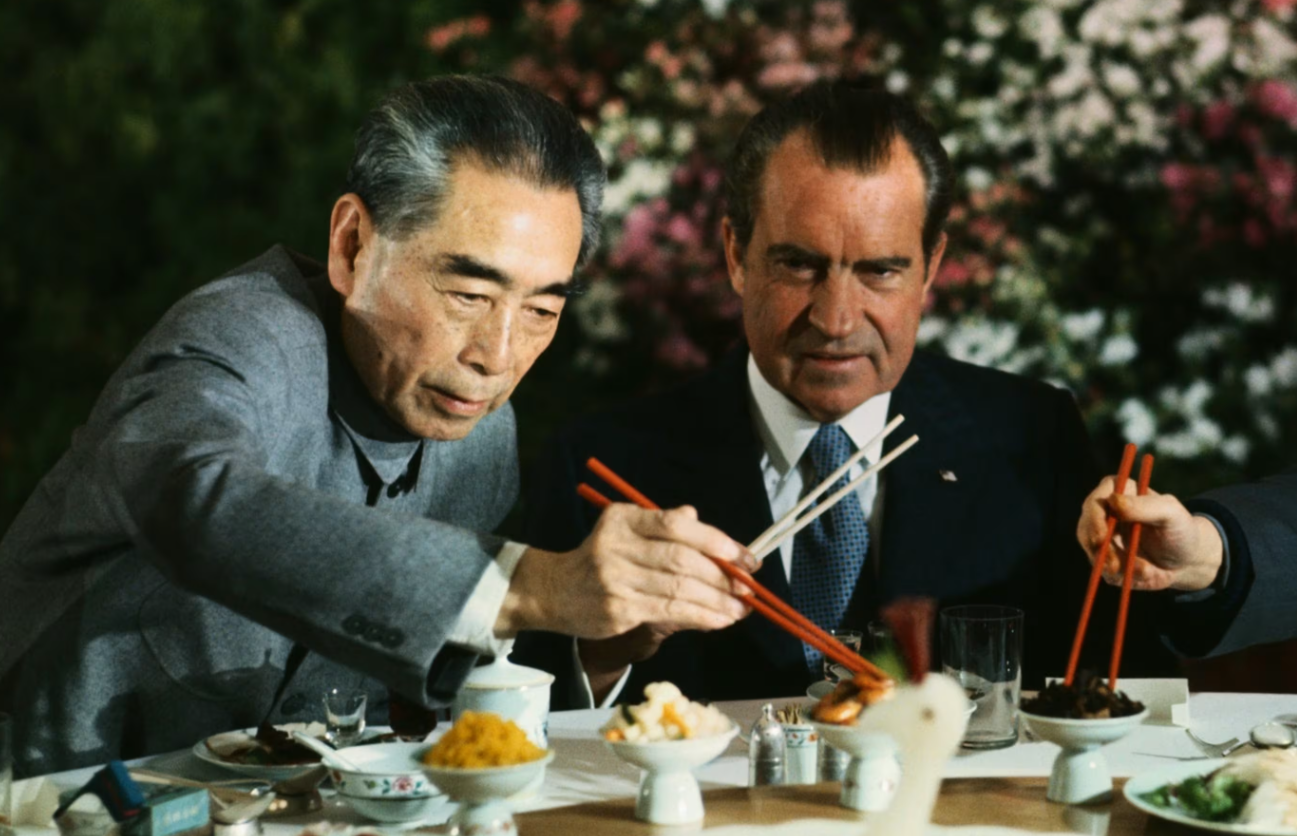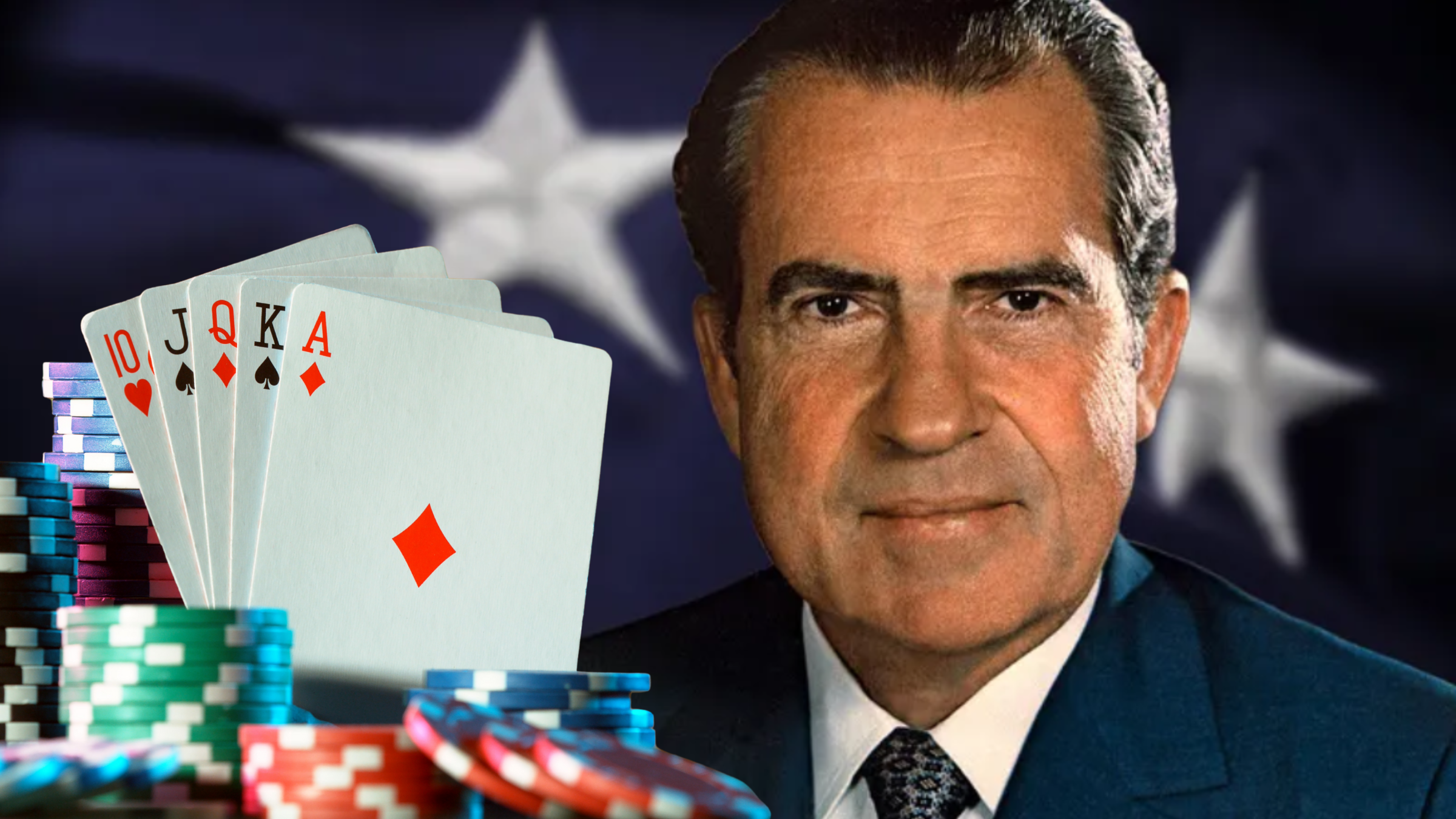Getting Started at the Poker Table
In 1944, a 30-year-old Richard Nixon was a newly assigned Navy lieutenant in the South Pacific. At first, he barely knew the rules of poker, but after spending several weeks watching his fellow officers play, Nixon became determined to learn the game’s ins and outs. His mentor, fellow officer James Stewart, summed up the basics: “Play tight, only bluff when you’re sure, and bet hard when you have the goods.”
Nixon approached poker with the same discipline he brought to his law studies. He mostly played five-card stud with $5-$10 stakes, steering clear of reckless plays and focusing on long-term profit. His tablemates often described him as quiet, yet supremely confident—a player with a knack for sensing opponents’ weaknesses and capitalizing at just the right moment.

Poker Bankroll Fuels a Political Launch
During his Navy service, Nixon won an estimated $6,000 to $8,000 at the poker table - no small feat, given that in today’s dollars, that’s roughly $100,000 to $140,000. While he initially planned to use his winnings for a new home, he ultimately invested the money into his first Congressional campaign in California in 1946. His poker bankroll covered about 20% of his campaign budget, giving him the independence to make a serious run for office without relying solely on party funding.
Poker as a Political Metaphor
Nixon himself admitted that poker taught him valuable lessons that served him well in politics: reading people, knowing when to bluff, and when it’s wiser to fold. In his memoirs, “RN: The Memoirs of Richard Nixon,” he wrote: “I found that people with strong hands usually talk the least and in the softest voice; those who are bluffing tend to talk loudest and give themselves away.”
These skills proved useful not only in the domestic political arena, but also on the world stage - where unpredictability and calculated bluffs often gave Nixon an edge. His ability to maintain a stone-cold poker face became crucial in negotiations with the Soviet Union and China.

Poker’s Lasting Impact Off the Felt
For Nixon, poker was more than a wartime pastime - it became a proving ground for strategy, self-control, and understanding human psychology. The hard-earned lessons from countless hands at the table sharpened tools he’d later use in the rough-and-tumble of politics. And while Nixon’s political legacy ended in controversy, his story remains a fascinating example of how an unexpected hobby can shape the future.
It’s a powerful reminder that poker isn’t just a game of chance and chips. Every poker session teaches lessons and insights that translate far beyond the felt - whether it’s self-discipline, reading people, or thriving under pressure, poker continues to be an unconventional but effective training ground for personal growth.
Sources: Britannica, CardPlayer, Wikipedia, History




